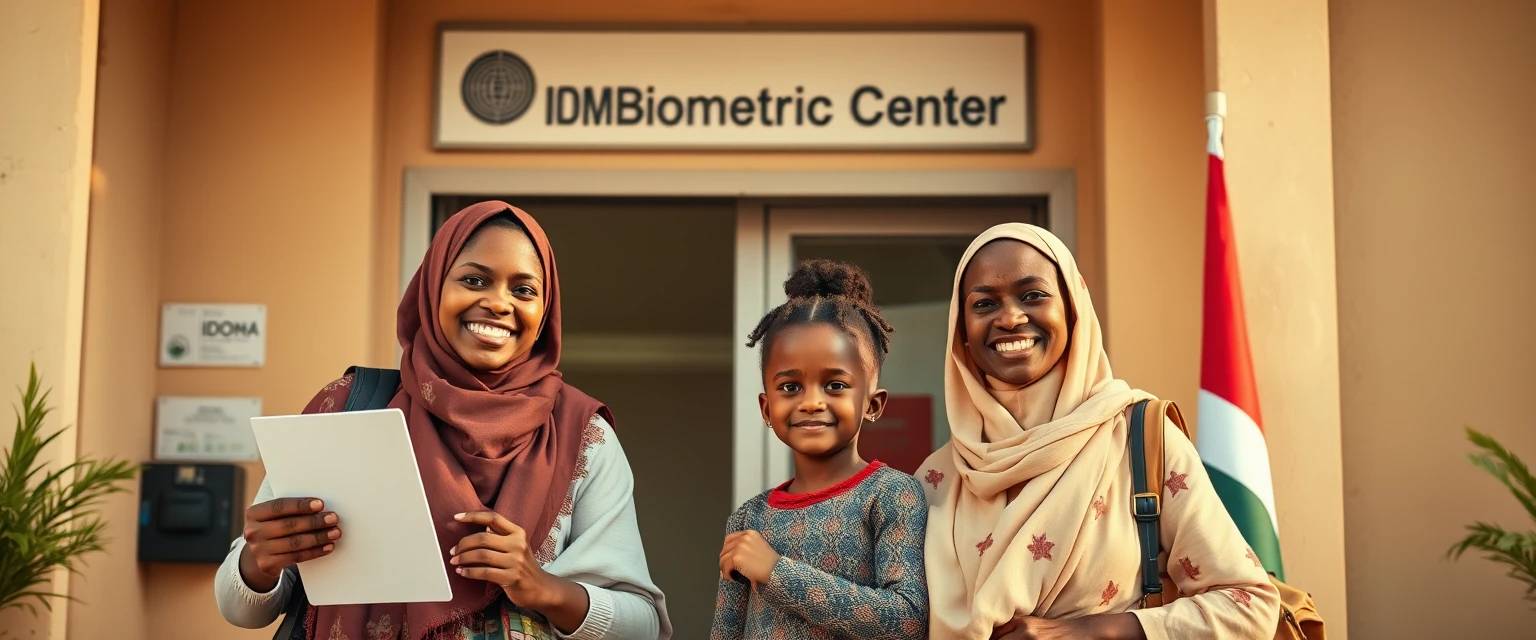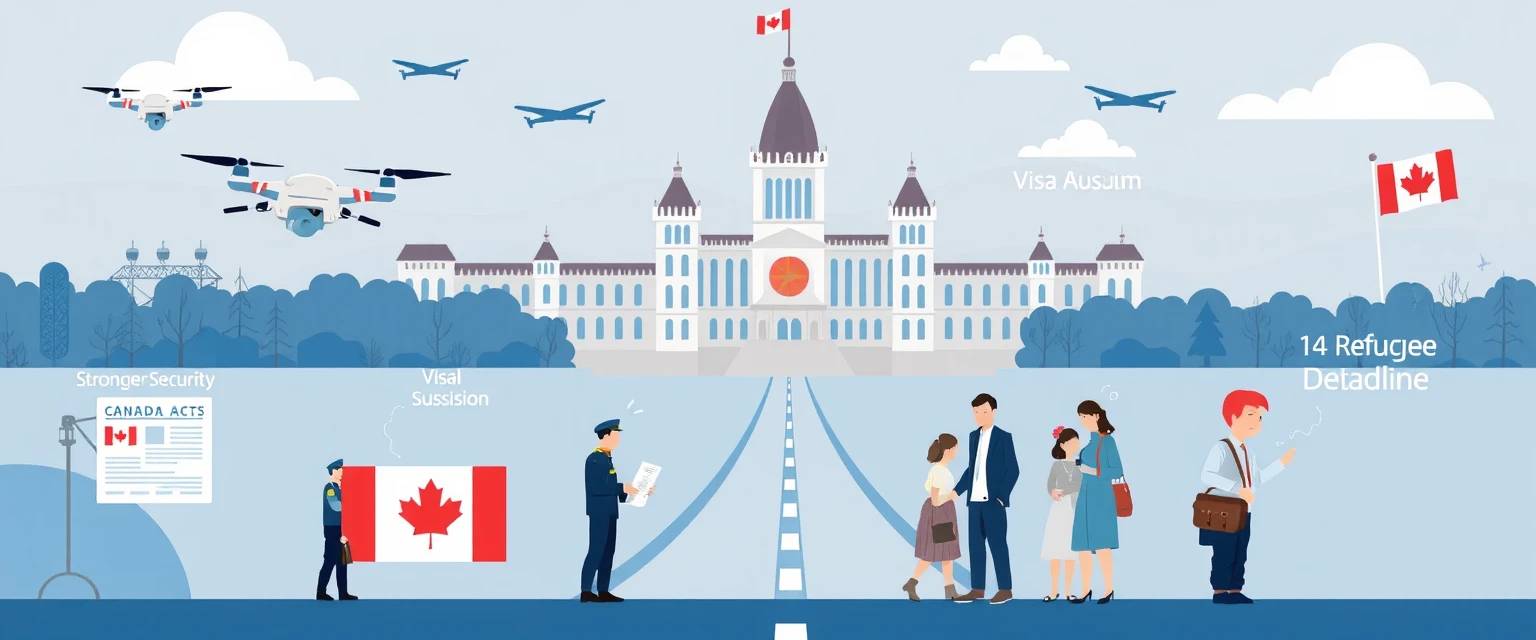Canada’s Immigration Shake-Up in 2025: What It Means for You
Let’s face it—if you’ve been following Canadian immigration, you already know things are changing fast. The government has tightened its rules, trimmed its targets, and introduced new strategies for selecting newcomers.
So, what do you do now?
You stay ahead. And that’s exactly where we come in at Sayal Immigration—a top-rated Immigration Consultant in Canada. We’re here to break this down in a way that actually makes sense—and helps you take action confidently.
🛑 Fewer Temporary Residents: Why Your Application Needs to Be Spot-On
The Government of Canada has decided to limit the number of temporary residents—think students, foreign workers, and visitors—to just 5% of the population by 2027.
What does this mean for you?
It means the bar just got higher. Every detail in your application matters now—your course, the school, your job offer, and even the location. At Sayal Immigration, we’ve helped hundreds of clients navigate these exact shifts.
If you’re in the GTA, our advisors are available locally. We’re a well-established Immigration Consultant in Mississauga and can guide you on which study and work programs are still viable under the new limits.
📉 PR Targets Are Dropping Too—But There’s a Silver Lining
The government is also dialing back permanent residency targets—moving from 465,000 in 2024 to 395,000 this year, and gradually down to 365,000 by 2027.
Yes, fewer spots. But the good news? If you’re already in Canada, your odds just got better. IRCC wants people with Canadian work or study experience. And that’s where strategy matters.
If you’re in Peel Region, you can meet our team face-to-face. We’re known as a top Immigration Consultant in Brampton, and we’ve helped clients transition from PGWP to PR faster than they expected.
⚙️ Express Entry Is Changing—And Fast
Forget the old Express Entry model that rewarded job offers and generic profiles. The 2025 version is more focused, and—let’s be honest—a bit more competitive.
Now it’s about:
-
Whether your occupation is in demand
-
Your language ability (especially in French)
-
Where you plan to live and work
Sayal Immigration helps you keep up. If you’re looking for expert support in southern Ontario, connect with our Immigration consultant in Kitchener. We align your skills with real-time Express Entry draws—so you’re always one step ahead.
🧑🔧 Canada Wants Essential Workers—And It’s Opening New Doors
Big changes are also coming for sectors like agriculture, food processing, construction, and health care. The government is designing specialized work permit streams to bring in folks with hands-on skills.
This is a massive opportunity.
At Sayal Immigration, we don’t just push papers—we connect people with real employers and genuine jobs. If you live in Scarborough or nearby, visit our office. We’ve built a reputation as a reliable Immigration Consultant in Scarborough for applicants entering these vital sectors.
🎓 New Rules for PGWPs and Spousal Permits: It’s Getting Specific
Not all study programs lead to a PGWP anymore. And not every spouse can now get an open work permit. The rules have changed—and the clock is ticking.
Only certain graduate-level programs and skilled work sectors now qualify.
This is where you really need expert help. If you’re studying in or around London, reach out to us—we’re recognized as the Best immigration consultant in London Ontario. We’ll help you structure your pathway carefully—so you don’t waste time or tuition on programs that lead nowhere.
🖥️ Welcome to AI-Driven Immigration—Are You Ready?
The IRCC is going digital in a big way. New tools like GeoMatch AI are now helping the government select candidates faster—and with better alignment to Canada’s economic needs.
The idea sounds great. But one wrong step—like uploading the wrong document, missing an NOC code, or misunderstanding your program—can mess everything up.
We manage all of that for you.
Our team, one of the most trusted Immigration Consultant in Toronto, helps clients navigate every IRCC portal, submit error-free documents, and optimize their profile for AI selection tools. At Sayal Immigration, we ensure your documents are fully compliant with IRCC digital standards, giving you the edge in a tech-driven selection process.
🗣️ French Speakers Get a Priority Boost
One of the most interesting changes this year? Canada wants more French-speaking newcomers, especially outside Quebec. They’re aiming for 8.5% of PR admissions to come from bilingual or French-only applicants.
We’re already working with multiple clients pursuing this route. If you’ve got French language skills—even at an intermediate level—we’ll show you how to leverage it.
🆘 Refugees & Humanitarian Pathways Are Expanding
There’s also good news for displaced individuals and refugees. Canada is growing its Economic Mobility Pathways Pilot (EMPP) and other humanitarian programs. If you or someone you know is fleeing conflict and has work skills, there are real options here.
We offer trusted legal guidance, including with partners registered through UNHCR Canada and approved government sponsors.
🧭 What Sayal Immigration Does Differently
Let’s be real-immigration is personal. It’s about your goals, your family, your next chapter.
At Sayal Immigration, we don’t use templates. Every case is different. Here’s what we focus on:
✅ Personalized Pathway Planning
✅ Document Perfection & Portal Navigation
✅ Real-Time Policy Tracking
✅ Support Across Ontario Cities
✅ Settlement Help After Approval
Whether you’re in Toronto, Mississauga, Brampton, Kitchener, Scarborough, or London—we’re here to help, in person or virtually.
🚀 Final Thoughts: Adapt. Act. Achieve.
2025 might feel uncertain—but with the right planning, it’s full of opportunity.
Let us guide you through it all—no fluff, no guesswork. Just expert advice, tailored to you.
Sayal Immigration: Where your journey to Canada becomes real.











